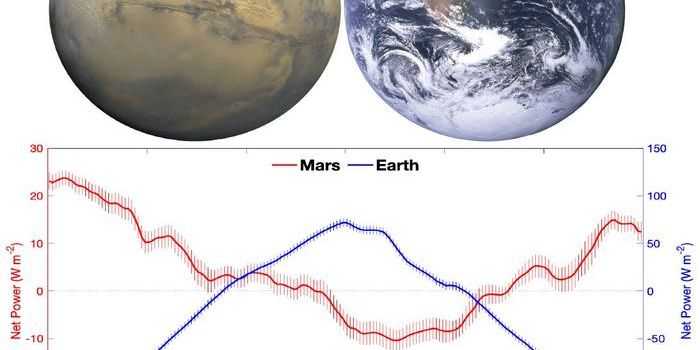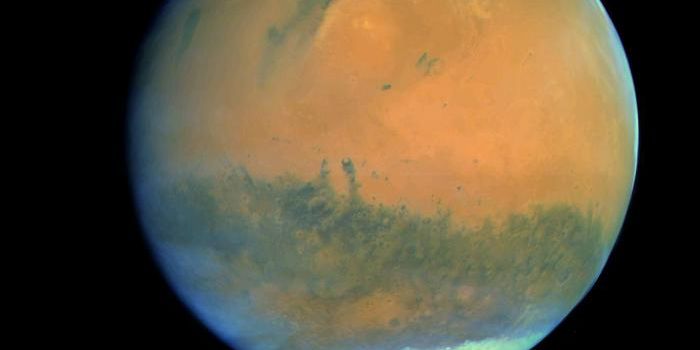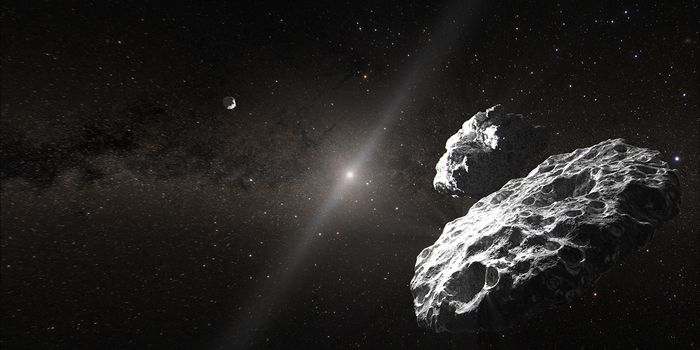Going to Mars is something we Earthlings have wanted to do for centuries. By some estimates, we’ve had the necessary technology since the Apollo era. In fact, NASA planners intended to build on the Apollo system, making it bigger and more powerful, in order to reach the red planet. So why didn’t we go? Why don’t we have a Martian colony today? Cost. Even with all of our current space technology, a mission to Mars would be horrendously expensive. Interestingly, the most expensive part of space travel, by far, is getting things off of the Earth, into orbit. The going rate is about 10,000 dollars per pound. The heaviest part of all space craft is fuel. And the further you want to go, the less efficient rockets become, because more distance means more fuel. But getting that fuel into orbit requires more fuel. See the problem? A team from MIT has been looking into this problem, and they may have come up with a solution. What if you could find a way to not have to carry all of that fuel off the Earth, into orbit. What if you could pick up the fuel you needed for a trip to Mars along the way?

The MIT team proposes that missions to Mars and other deep space destinations could launch from Earth with just enough fuel to get into orbit. This would allow for a 68 percent reduction in launch weight, and therefore massively cut the cost of a mission.
Where, you may be wondering, could the ship launched from Earth get enough fuel to make it into deep space? Over the past few years, lunar probes and satellites have discovered that some craters on the Moon contain water ice. This ice can be broken down into hydrogen and oxygen, the two elements needed for rocket fuel. Additionally, recent NASA research has shown that lunar regolith, that powdery soil on the moon, is comprised largely of elements that can also be processed into rocket fuel. NASA is currently developing technologies that would allow them to mine both of these resources and transform them into rocket fuel robotically. Taking all of these elements into consideration, the MIT team proposes that, once in Earth orbit, space ships could rendezvous with robotic tanker ships, that had been filled with fuel on the moon and then launched toward their rendezvous with the ship from Earth.
Olivier de Weck, a professor of aeronautics and astronautics and of engineering systems at MIT, says, "This is completely against the established common wisdom of how to go to Mars, which is a straight shot … (in which you) carry everything with you. …The idea of taking a detour into the lunar system (is) very unintuitive. But from an optimal network and big-picture view, this could be very affordable in the long term, because you don't have to ship everything from Earth.”
Source:
Phys.org









